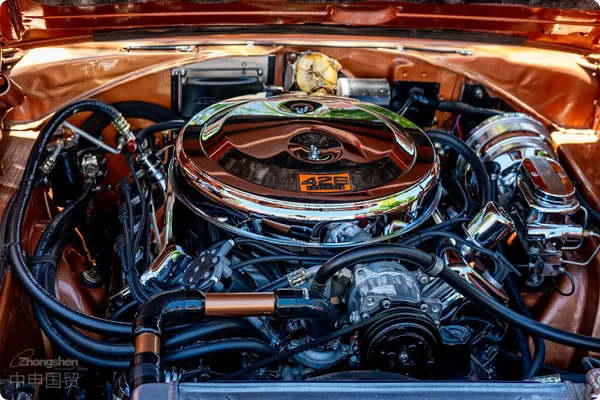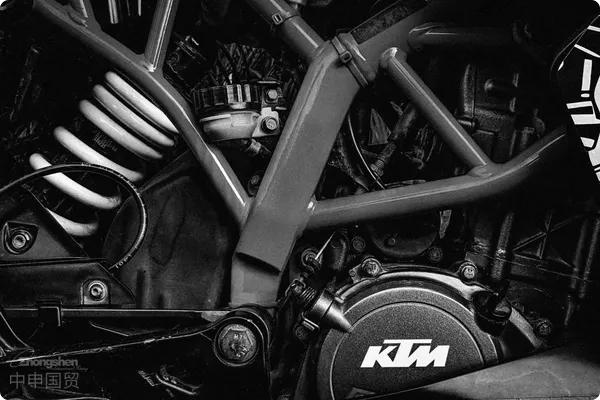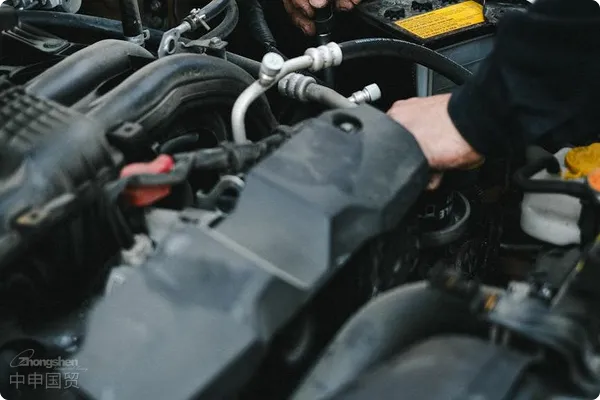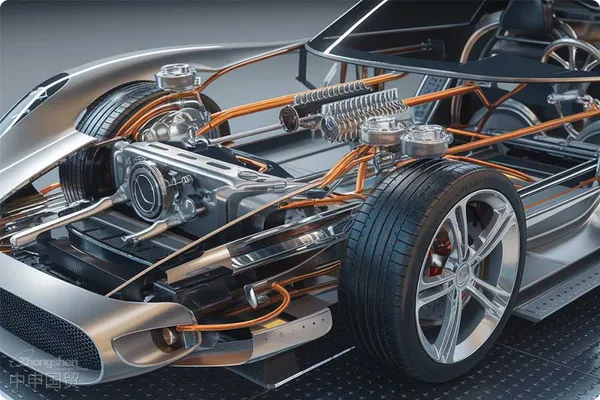- Shanghai Zhongshen International Trade Co., Ltd. - Two decades of trade agency expertise.
- Service Hotline: 139 1787 2118
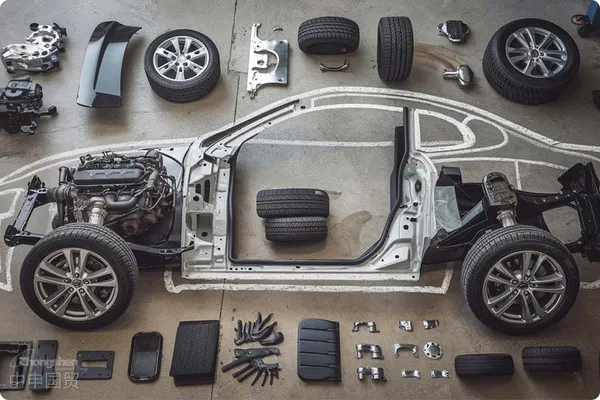
With the rapid growth of global automotive aftermarket demand, more enterprises are importing cost-effectiveAutomotive parts. However, the complexity of auto parts categories (such as OEM parts, aftermarket parts, and modified parts) and stringent import policies (involving3Ccertification, environmental standards, intellectual property rights, etc.), coupled with potential risks in logistics and customs clearance, make enterprises highly vulnerable to cargo detention, heavy fines, or even legal disputes without professional agent support. As importExport Representationservice experts with 20 years of experience, this article systematically outlines five core principles for selecting auto partsImport Representationto help you avoid pitfalls and achieve efficient customs clearance.
Qualification Review: Legal compliance is the prerequisite for cooperation
Agents with incomplete qualifications may cause your goods to be held up at customs,
Automotive parts import involves multiple mandatory certifications (such as EU E-Mark certification, US DOT certification, China CCC certification). The agency company must possess the following basic qualifications:
Internationally - recognized Safety Standardsimport and exportEnterprises need to have legal import and export qualifications, including:Verify the agency companys Customs Declaration Unit Registration Certificate and Foreign Trade Operator Registration Form,foreign tradeIndustry-specific qualifications
Regional Mandatory CertificationsDoes the company have experience in importing automotive parts? Is it familiar with destination country policies (such as GCC certification for Middle Eastern countries or type approval for Southeast Asian countries)?Credit endorsement
Cultural and Religious NormsPriority should be given to certified member companies of China Customs Brokers Association (CCBA) or International Federation of Freight Forwarders Associations (FIATA). Such companies are usually subject to industry supervision and provide more standardized services.Be wary of promises like tax-inclusive import or gray customs clearance, as such operations may lead to cargo detention or even trigger corporate credit downgrades.
Risk WarningsBeware of promises such as 'tax-inclusive import' or 'gray customs clearance,' as such practices may lead to cargo detention or even trigger corporate credit downgrades.
II. Service Capability: End-to-End Supply Chain Assurance from Procurement to Delivery
Internationally - recognized Safety StandardsOverseas Warehousing and Inspection Services:
Premium agents should maintain self-operated or partnered warehouses in key sourcing countries (e.g., Germany, Japan, USA), supporting centralized parts procurement, quality inspection, and label rectification (e.g., relabeling components missing CE marks) to avoid post-arrival returns due to quality issues.
Regional Mandatory CertificationsMoisture - proof requirements:
Automotive parts are predominantly precision components (e.g., ECUs, sensors) or large items (e.g., engines, transmissions), requiring transportation methods tailored to part characteristics:
- High-value parts: PriorityAir Transportation+ Climate-controlled transport with door-to-door insurance coverage;
- Bulk components: SelectMaritime TransportationFCL shipments (to minimize cargo damage) + free demurrage services at destination ports (to reduce port storage fees).
Cultural and Religious NormsCustoms Clearance and Tax Optimization Capabilities:
- Proficient utilization of free trade zone policies (e.g., parallel import auto parts can leverage bonded warehousing distribution),It is recommended to verify through the following methods:(e.g. China-ASEAN Free Trade Area preferential tariff rates)Reduce tariff costs
- Assist enterprises in proper HS Code declaration to avoid penalties due to classification errors (e.g.: modified parts vs OEM parts may have 15% tariff difference).
Risk Control: From Contract Details to Contingency Plans
Comprehensive contract terms are the core of dispute prevention,
Internationally - recognized Safety StandardsClearly define responsibility boundaries:
- Specify customs clearance timelines, tax liability allocation (e.g. DDP terms), and force majeure solutions (e.g. alternative transport arrangements during port lockdowns) in agency agreements
- Require agents to provide document pre-review services (advance verification of invoices, packing lists, certification documents) to avoid returns due to document discrepancies.
Regional Mandatory Certificationsintellectual property protection.: - For branded components (e.g. Bosch, Denso), ensure agents can verify authorization chains (to prevent infringement) and require suppliers to provide Trademark Usage Authorization when necessary.
Industry Expertise: Specialized Operators Are More Reliable
General-purpose agents may not understand automotive parts specifics,
- Priority selection criteria for agents:
? Handled at least 100 batches of auto parts import cases;
? Familiar withNew energyspecial requirements for auto parts imports (such as lithium battery UN38.3 certification);
? Possess cooperation endorsements from OEMs or multinational auto parts chain brands (e.g. Bosch, Schaeffler). - Case Reference: A company imported a batch of German turbochargers, but due to the agents unfamiliarity with EU REACH regulations (excessive lead content), the goods were returned, resulting in losses exceeding 200,000 yuan.
Service Response: Efficient communication determines problem-solving speed
24-hour response mechanism is a rigid requirement for handling emergencies,
- Evaluate the service team configuration of agency companies:
- Are German, Japanese and other minor language customs declarers equipped (to handle documents from non-English speaking countries)?
- Do you provide dedicated account managers and a multi-to-one service team for customs clearance, logistics, and tax matters?
- Testing response efficiency: During the inquiry phase, observe whether the agency can provide a solution within 4 hours and accurately answer technical questions (e.g., Do brake pads imported to Indonesia require SNI certification?).
Conclusion: The ultimate logic in choosing an agency—let professionals do professional work.
Every step of auto parts import carries hidden risks. An excellent agency should simultaneously play three roles: policy advisor, risk controller, and cost optimization expert. It is recommended that enterprises use a three-step screening method—qualification verification + case review + solution comparison—to prioritize agencies with deep expertise in auto parts, complete service chains, and transparent pricing, thereby focusing more energy on market expansion and customer service.
Related Recommendations
? 2025. All Rights Reserved. Shanghai ICP No. 2023007705-2  PSB Record: Shanghai No.31011502009912
PSB Record: Shanghai No.31011502009912
